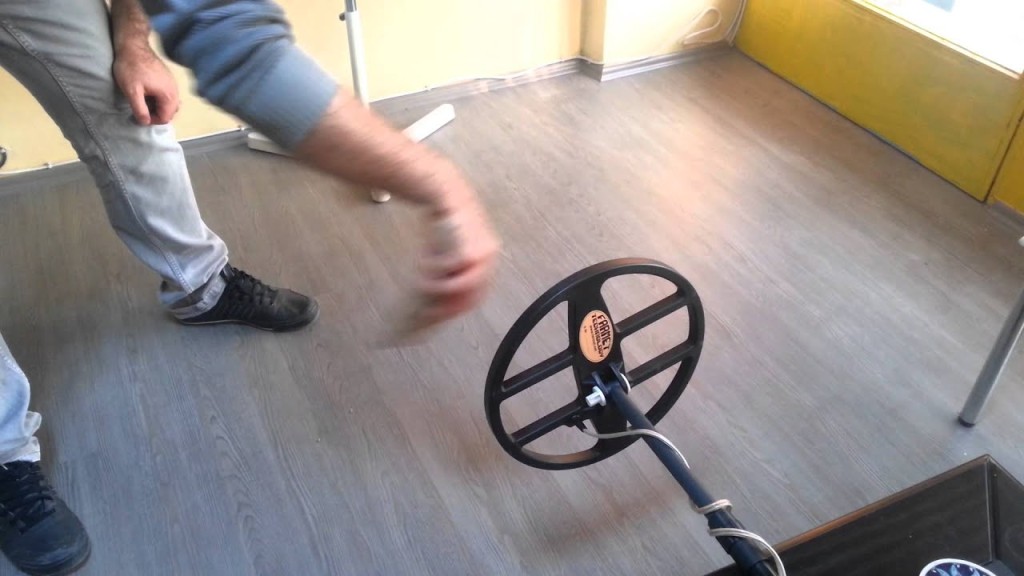Discrimination Patterns in Metal Detecting: Understanding the Impacts of Bias and Prejudice
Metal detecting is a fascinating hobby that has gained popularity over time. It involves using a metal detector to locate buried artifacts, coins, and other treasures hidden beneath the ground. However, like any other activity, metal detecting is not immune to discrimination patterns that affect its practitioners.
Discrimination refers to treating individuals or groups unfairly based on certain characteristics such as race, gender identity, sexual orientation, religion, social class, and ability. Discrimination can take many forms and can occur intentionally or unintentionally. Unfortunately, metal detecting is no exception when it comes to discrimination.
One form of discrimination in metal detecting is racial bias. Racial bias occurs when individuals are judged negatively based on their ethnicity or skin color. In some cases, people may be denied access to certain places where they could potentially find valuable items because of their race. For instance, if an individual who identifies as Black wishes to search for relics on private land owned by someone who holds racist beliefs towards Black people he may be denied permission solely based on his race.
Another manifestation of discriminatory patterns in metal detecting is gender bias. Gender bias occurs when individuals are treated differently due to their sex or gender identity. Women are often underrepresented in this field and face various challenges ranging from harassment at public sites while conducting research work alone during excavation process which makes them feel unsafe working with male counterparts; women being underestimated about their capabilities simply because they’re female; having unequal opportunities compared with men just because they’re females.
Moreover disability-based biases exist within the community too- Individuals with disabilities face several barriers that limit their participation in metal detecting activities because some activities require physical stamina such as walking long distances which could prove challenging for them.
Additionally religious biases also exist within the community – Certain religions prohibit digging up burial grounds so members belonging to those religions cannot participate in these kinds of activities even if they are passionate about it.
It’s important to note that discrimination in metal detecting does not only affect the individuals who are directly targeted but also has an impact on the entire community as a whole. When people feel excluded or marginalized, they may lose interest in participating in the activity, leading to a lack of diversity and varied perspectives within the community. This can result in missed opportunities for learning from different experiences and cultures.
Therefore, it is essential to recognize these discriminatory patterns and work towards creating an inclusive environment within the metal detecting community. This includes acknowledging biases when they arise, educating ourselves about different cultures and perspectives; working actively with diverse groups of people so that everyone feels included- providing equal opportunities regardless of their religion, gender identity or physical ability.
One way to promote inclusivity is by organizing events specifically meant for underrepresented groups. For example holding workshops for women interested in pursuing this hobby or hosting meetups where members present their research findings – such events would help create safe spaces where individuals can connect with others who share similar interests without fear of judgement based on gender identity or physical ability
Another effective way to address discriminatory patterns is by encouraging members of the metal detecting community to speak out against instances of prejudice when they occur. Encouraging dialogue around issues related to race, gender identity etc could help initiate conversations towards addressing concerns that create barriers which limit participation especially among minority groups.
Furthermore conducting awareness campaigns through social media platforms could be very helpful too- using hashtags like #inclusiveMetalDetectingCommunity would encourage individuals belonging from various communities including those having disabilities or belonging from any specific religion etc., making them feel welcome & accepted into this amazing hobby without feeling left out due some kind biasness prevailingotherwise
In conclusion, while metal detecting offers exciting opportunities for discovery and exploration, it is crucial first and foremost ,to acknowledge that prejudices exist even within this field,. Addressing these biases will require intentional effort aimed at promoting inclusivity and equity for all members of the metal detecting community. By acknowledging bias, fostering inclusivity, and promoting diversity in this field, we can create a more welcoming environment that ensures everyone feels valued and respected.
